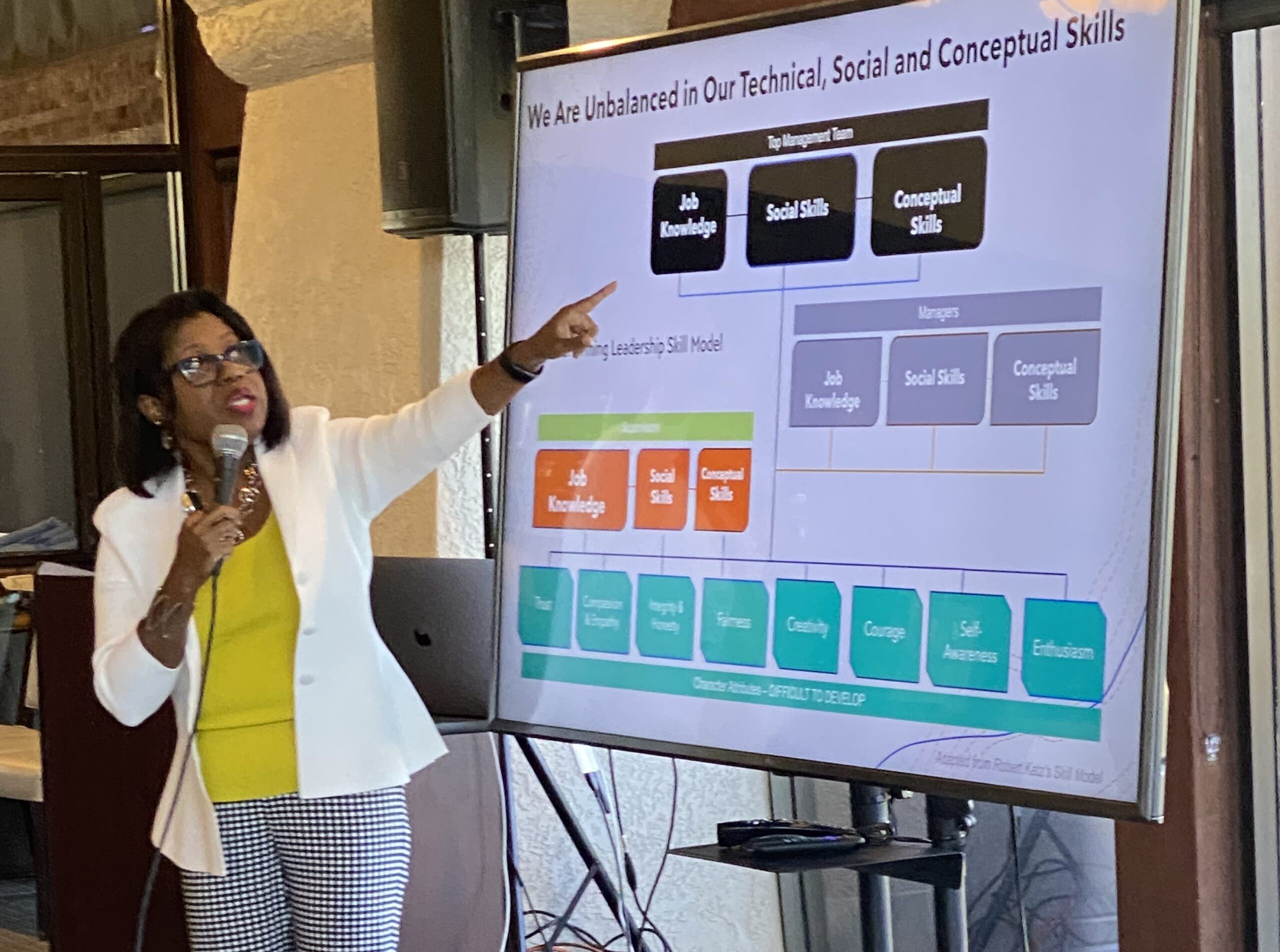This month, I want to focus on something that has proven problematic for a number of my clients trying to navigate leading remote workers.
The Leader asks, “How do I know they’re actually working?”
I ask, “How did you know they were working when you weren’t remote?”
It turns out many leaders didn’t. Seeing people who look busy doesn’t amount to actual work. For some employees, looking busy was easy – there are “look busy” apps that have been around for years to make you believe some of your precious and productive employees were busy. But don’t believe me, check out this article from 2014, Tools for Stealthily Slacking Off at Work.
If, prior to the pandemic and forced remote work, you didn’t penalize your employees for joking with co-workers at their desks, for taking more than two or three breaks, or a few extra minutes at lunch just chatting about last night’s date or episode of Grey’s Anatomy (I can’t believe that is still on), then why are you beating them up about their remote work habits?
Studies show that remote workers tend to be more productive than they were in the office. Some of you had been paying and rewarding people who were wasting time and could, well, produce much more. So, let’s stop the blame game.
Here’s the real problem – some leaders (I know that’s not you) have not taken the time to get clear on both the expectations and the quality of the outcomes in terms of SMART goals for their staff and teams.
Here’s the answer – when you determine what you want people to produce, you can measure whether or not they are productive by the outcome and quality of their work.
Consider what you want your employees to produce weekly, monthly, quarterly, annually. How can you measure their productivity based on their output? How can you measure productivity based on the quality of their output?
Clarify these two things, and your concerns over whether they are actually working will all but disappear. Instead of worrying if they are actually working, you can focus on the more strategic elements of your job.
Oh, and a couple of other things will happen; you’ll realize they are either performing the work as needed to achieve department and strategic goals or they are overworked, underworked, or not capable of doing the work.
Coaching Questions:
- How clear are the expectations?
- How do you know?
- How CAN you know?
- What are the measures of success?
- How can you measure success in terms of strategically aligned outcomes in weekly, monthly, quarterly and annual achievements?
An executive coach can help you define goals, set expectations, and be more strategic.If you are ready to take the next step, let’s talk.



